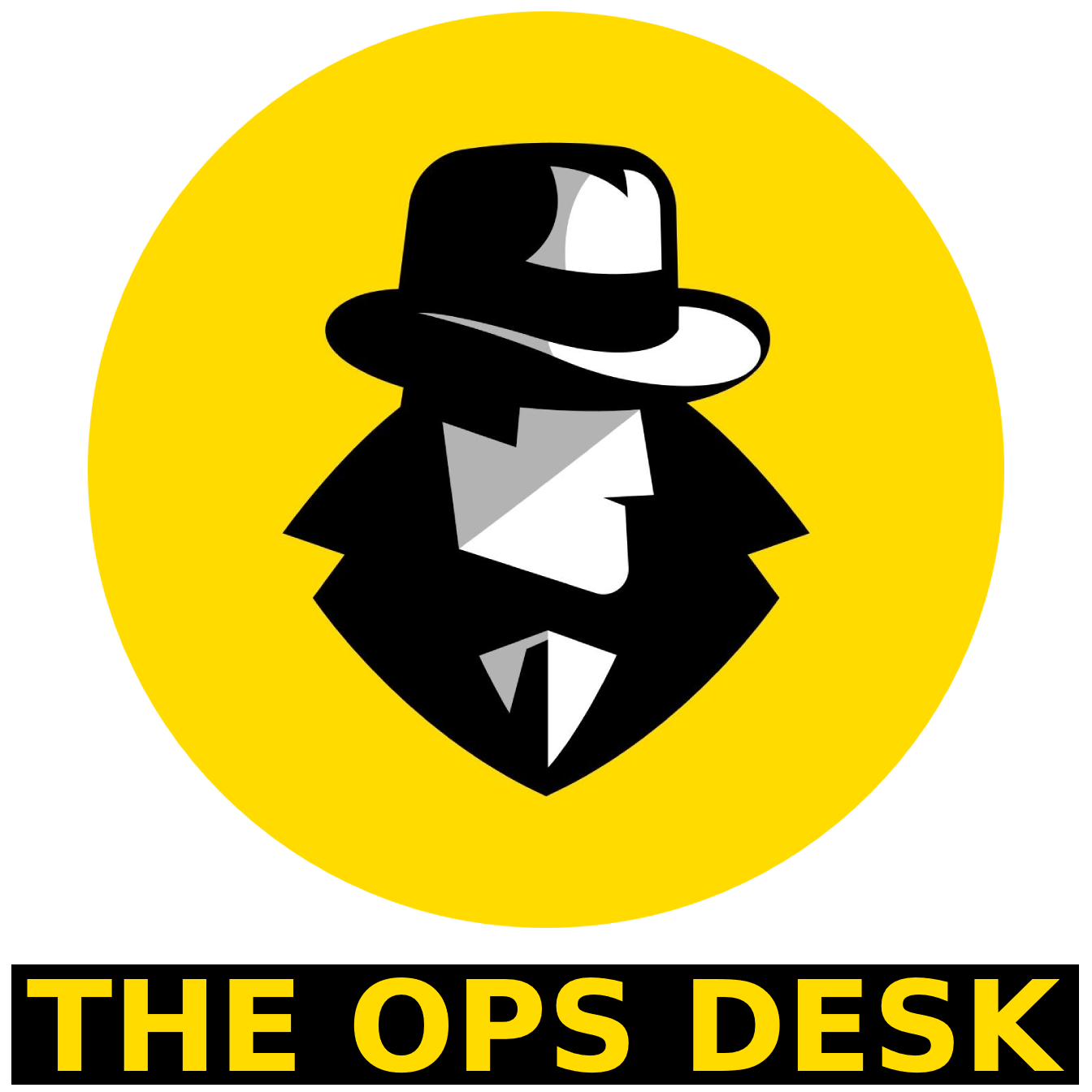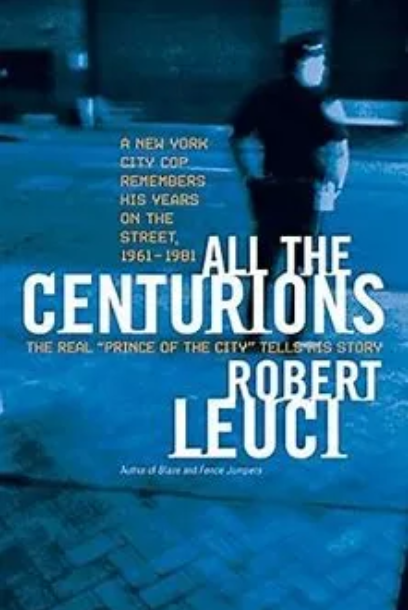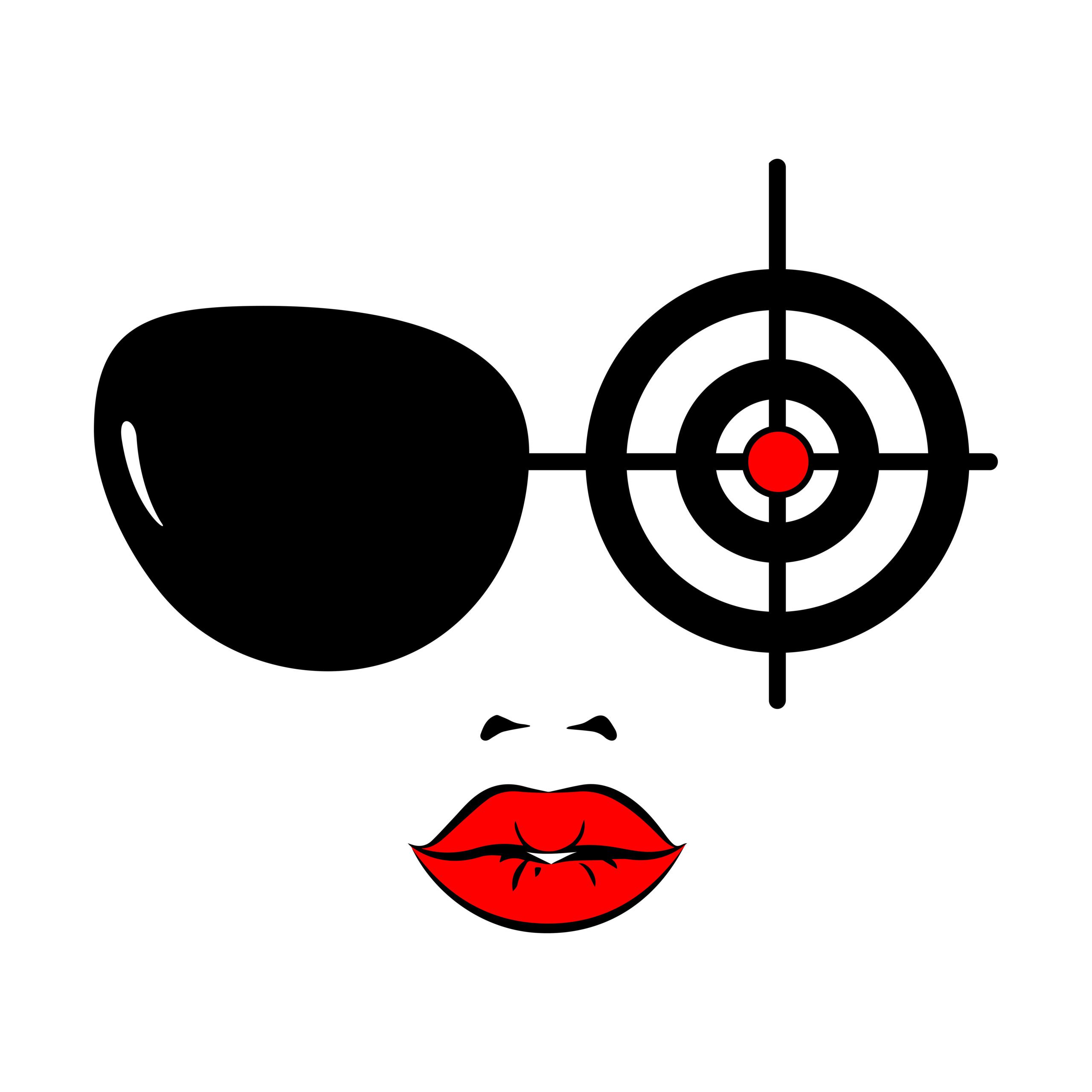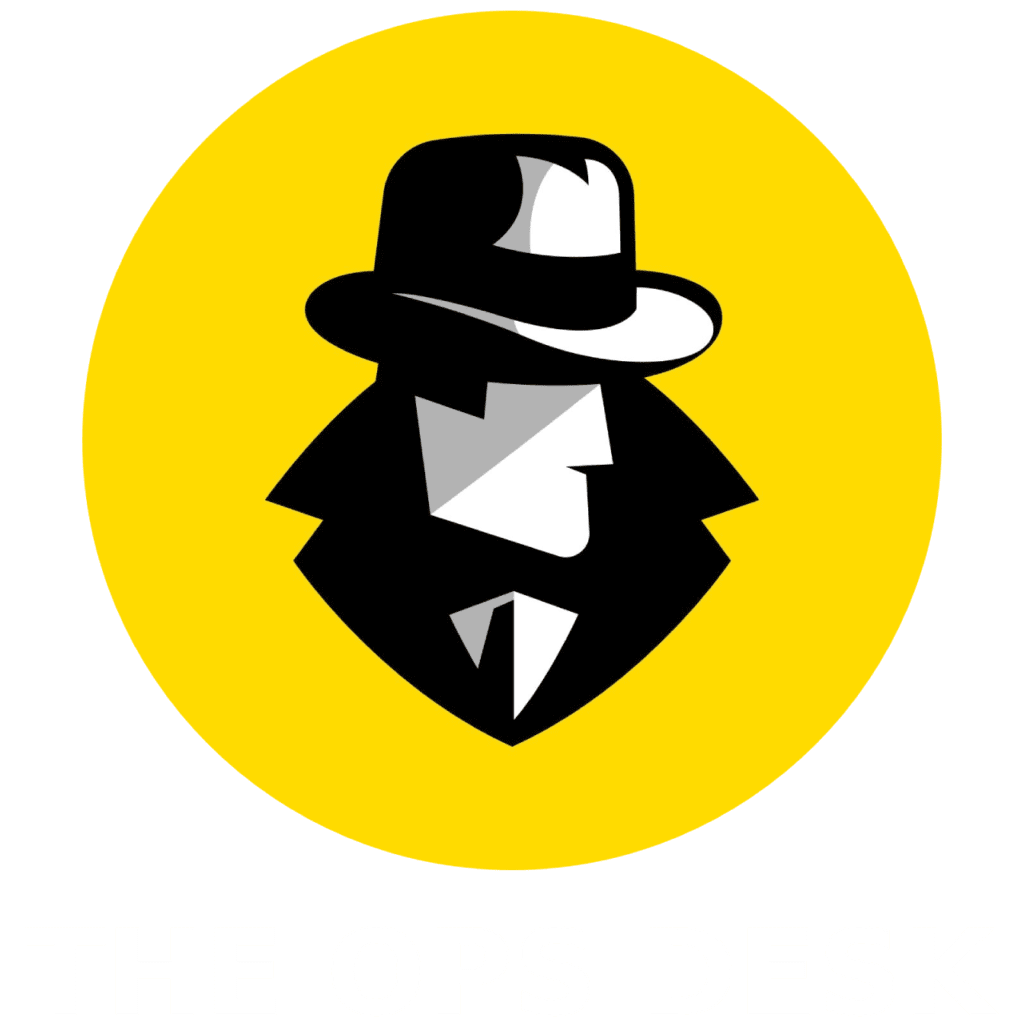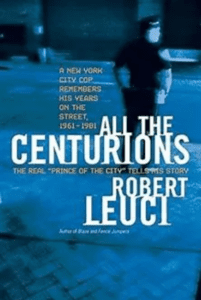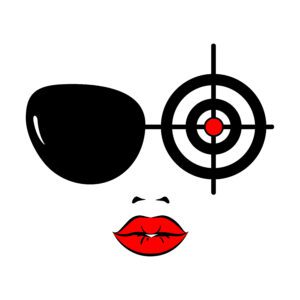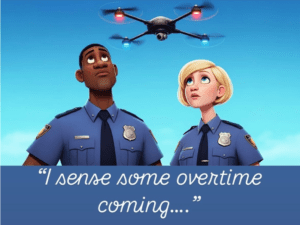No Pay for Play
Payola is a phrase you hear now and again. It usually refers to getting paid. The phrase was coined in the 1930’s as radio was becoming more and more popular. With the birth of rock and roll, there was a lot of money to be made; as long as your artist got enough airtime to sell records.
That is where payola came in. It was the practice of paying radio DJs to play particular songs. The record companies or music publishers would slip a few dollars to a local DJ to “make sure he played the right song”. This practice grew more lucrative as large city DJ’s intertwined themselves with the new rock fad and became celebrities themselves.
People like Alan Freed and Dick Clark were making serious money from payola deals and drew the attention of the federal government. In November of 1959, the US Congress got involved and started hearings on the practice.
DJ Alan Freed refused to cooperate and was fired. Dick Clark and others did cooperate and relayed that they could make tens of thousands a year taking under the table payments. (A top-pay NYPD cop was making about $6k/year in 1960)
As the hearings went public in February 1960, the executive branch got involved. On February 11, 1960, President Eisenhower decried the practice, calling it an issue of public morality. He had the FCC introduce a bill making payola illegal.
